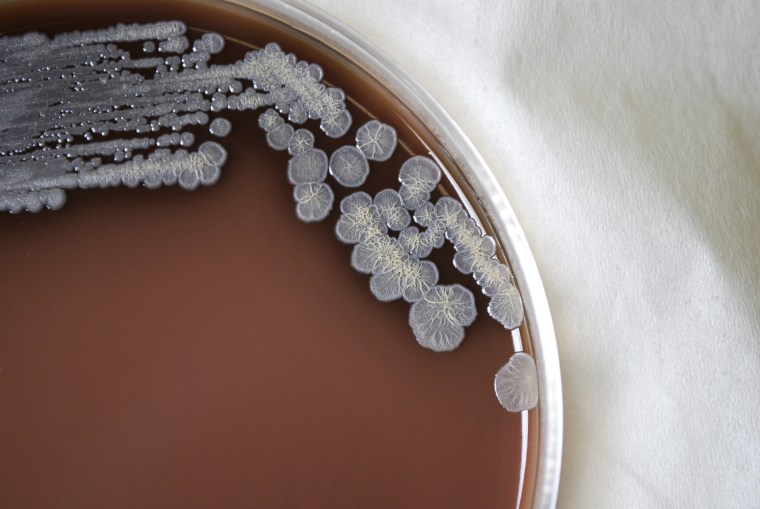Public health officials are warning that, for the first time, they've detected a particular bacteria in U.S. soil and water that can lead to an infection called melioidosis, which can cause severe pneumonia-like symptoms. Up to 50% of cases of melioidosis are fatal, according to the U.S. Centers for Disease Control and Prevention.
While the U.S. does see a few people with melioidosis every year, those cases are usually due to international travel to areas of the world where the bacteria is more common. It's usually found in soil and water in tropical climates, like Southeast Asia and northern Australia.
Now, for the first time, the bacteria, called Burkholderia pseudomallei, has been detected in soil and water samples in the Gulf Coast region of Mississippi, the CDC warned in a health alert sent to medical providers Wednesday. The CDC's investigation into how widespread the bacteria is within the U.S. is ongoing.
Health officials made the discovery by connecting two cases of melioidosis caused by the same strain of B. pseudomallei, the CDC alert explained. The cases occurred two years apart (in 2020 and 2022), but the patients lived near each other in Mississippi, and neither reported recent travel outside the U.S. In both cases, the patients developed sepsis and needed to be hospitalized, but were treated successfully with antibiotics.
Most people who come into contact with the bacteria don't develop melioidosis, the CDC explained. “It takes a significant exposure" to get sick, Dr. Chris Woods, a professor of medicine at the Duke Global Health Institute, told NBC News. That may happen via ingestion or a cut in the skin.
But people with certain underlying conditions, such as diabetes or chronic kidney or lung disease, are more likely to get sick, the CDC said. Globally, between 10% and 50% of cases of melioidosis are fatal, according to the health alert.
It's not entirely surprising that B. pseudomallei has found its way to U.S. soil because the area provides "a suitable environment" for it, Dr. Jill Weatherhead, an assistant professor of tropical medicine and infectious diseases at the Baylor College of Medicine, told NBC News. "We live in a subtropical climate here in the U.S. along the Gulf Coast, where it’s warm and humid," she said.
The concern now is that, once B. pseudomallei has established a presence in soil, it “cannot feasibly be removed,” the CDC alert explained. So it’s up to public health officials to continue monitoring the situation and medical professionals to be aware that melioidosis cases may pop up so patients can get prompt treatment.

